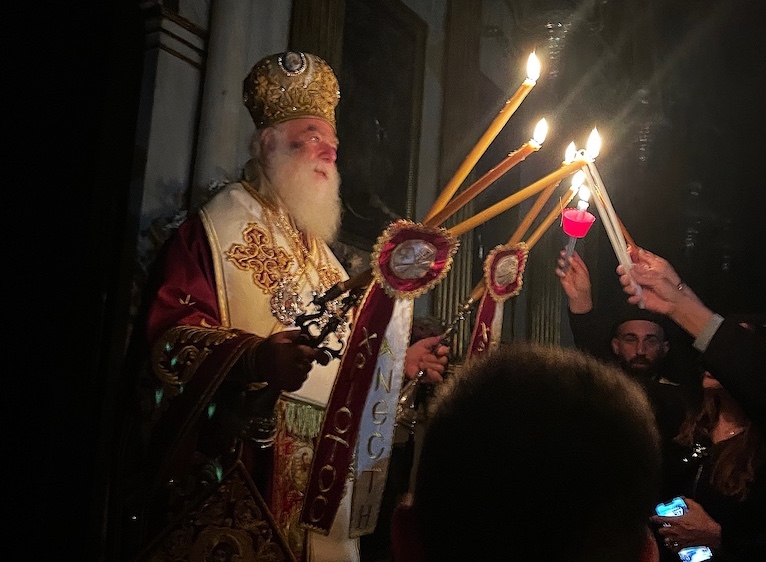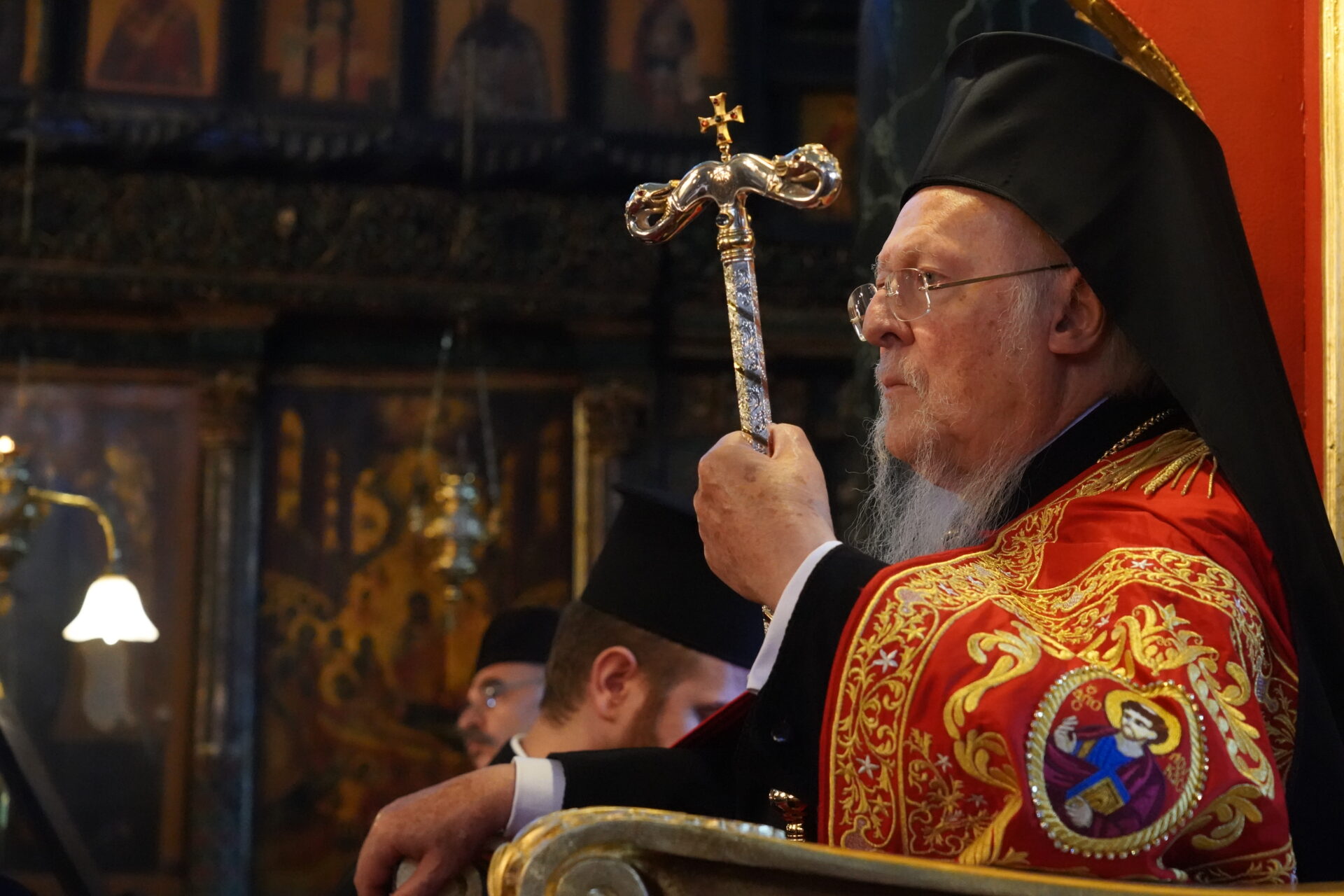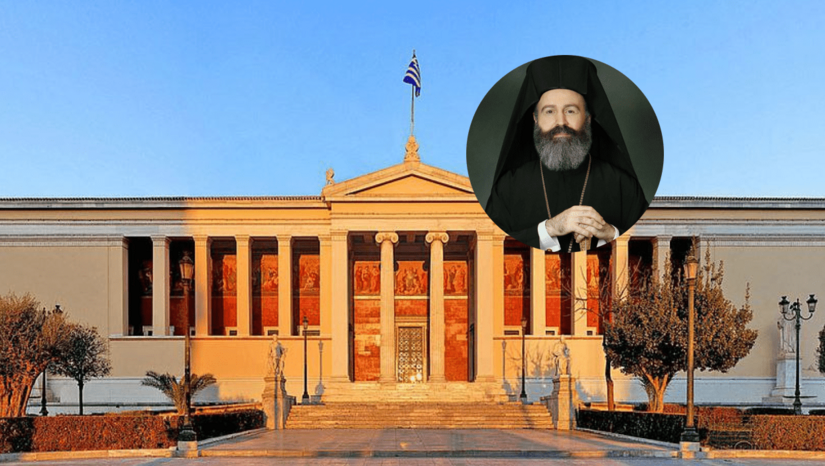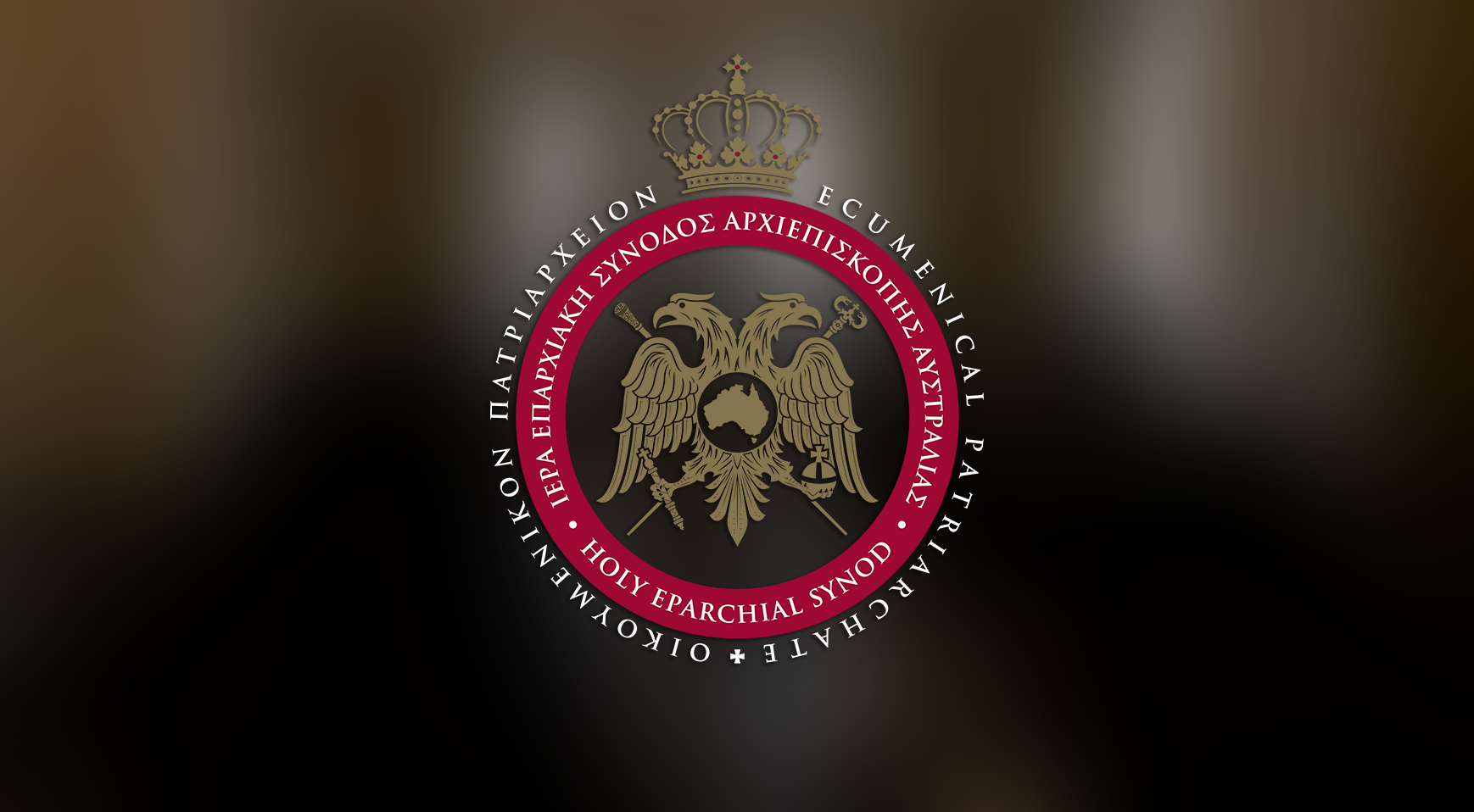Saint Hilarion the Great (21 October)
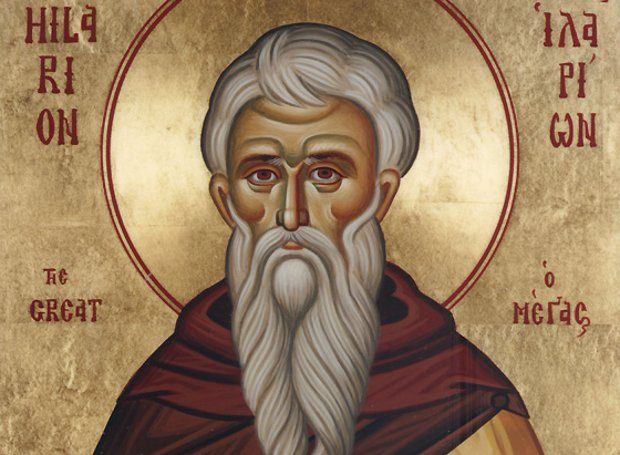
Saint Hilarion the Great was born to pagan parents in the year 291 in the Palestinian village of Thabatha near Gaza. As a young man, he was sent to Alexandria for his education. There he became acquainted with Christianity and was baptized. After hearing an account of the angelic life of Saint Anthony the Great (January 17), Hilarion went to meet him, desiring to study with him and learn what is pleasing to God. Hilarion soon returned to his native land to find that his parents had died. After distributing his family’s inheritance to the poor, Saint Hilarion went forth into the desert surrounding the city of Maium.
In the desert the Saint endured violent struggles with impure thoughts, vexations of the mind, and the burning passions of the flesh, but he defeated them through heavy labor, fasting and fervent prayer. The devil sought to frighten him with phantoms and apparitions. While he was praying Saint Hilarion would sometimes hear children crying, women wailing, and the roaring of lions and other wild beasts. He understood that the demons were causing these terrors in order to drive him out of the wilderness. He overcame his fear by resorting to fervent prayer. Once, some thieves fell upon Saint Hilarion, and he persuaded them to forsake their lawless life by the power of his words.
Soon all of Palestine heard about Saint Hilarion and of the miracles he worked. The Lord granted the holy ascetic the power to cast out unclean spirits. With this gift of grace he loosed the bonds of many of those who were afflicted. The sick came for healing, and the Saint cured them without asking for any payment, saying that the grace of God is freely received, and must be freely given (Matthew 10:8).
Such was the grace that he received from God that he could tell by the smell of someone’s body or clothing which passion was afflicting his soul. They came to Saint Hilarion desiring to save their souls under his guidance. With his blessing, monasteries began to spring up throughout Palestine. Going from one monastery to another, he instituted a strict ascetic manner of life.
About seven years before his death (+ 371-372) Saint Hilarion moved back to Cyprus, where the ascetic lived in a solitary place until the Lord summoned him to Himself.
Saint Hilarion is sometimes depicted holding a scroll which reads: “The tools of a monk are steadfastness, humility, and love according to God.” In iconography, is depicted as an old man with a brown, rush-like beard divided into three points.
This Saint was born at Tabatha, near Gaza in Palestine, of pagan parents. Sent as a young man to Alexandria to be educated, he learned the Christian Faith and was baptized. While in Egypt he heard the fame of Saint Anthony the Great, and upon meeting that truly great man, the Father of monks, Saint Hilarion determined to devote himself also to the ascetical life.
He returned to Gaza, when, he gave himself over to extreme fasting and unceasing prayer. Because of the miracles which he soon began to work, he found himself compelled by his growing renown to leave Gaza, to escape from the throngs of people coming to ask his prayers. In his journeys he visited Egypt, and came again with longing to the place where Saint Anthony had lived; but he was not able to remain in any one place for long, since despite all his attempts to conceal himself, the light of the grace that was in him could not be hid.
After passing through Egypt and Libya, and sailing to Sicily, he came at last to Cyprus, where he ended the course of his life at the age of eighty, in the year 372.
Like a rose growing among thorns, this great saint was born of pagan parents in the village of Tabatha near Gaza in Palestine. His parents sent him to study in Alexandria, where the gifted youngster quickly assimilated both secular learning and spiritual wisdom. Coming to know the Lord Christ, he was baptized, and desired to dedicate himself completely to the service of the Lord. With this desire in his heart, Hilarion visited St. Anthony in the desert and became his disciple.
Then he returned to his homeland and lived a life of asceticism near Maiuma, at Gaza. Demons tried to terrify him in various ways, but by prayer to God and the sign of the Cross he always overcame them and drove them away. Many lovers of the spiritual life gathered around him. Hilarion became for Palestine what St. Anthony was for Egypt. A divine teacher, a strict ascetic and a wonderful miracle-worker, Hilarion was revered not only by Christians but also by pagans.
However, fearing the praise of men and tearfully lamenting, “Woe is me, I have received my reward on earth!” he fled from place to place, to hide from men and remain alone with his soul and with God. Thus, he traveled and lived in Egypt, Sicily, Dalmatia and finally in Cyprus, where his life of great labor came to an end in about the year 372 A.D., at the age of eighty. The miracle-working relics of St. Hilarion were translated to Palestine by his disciple Hesychius, and were placed in the monastery founded by him.
Apolytikion of Hilarion the Great
Plagal of the Fourth Tone
With the rivers of your tears, you have made the barren desert fertile. Through sighs of sorrow from deep within you, your labors have borne fruit a hundred-fold. By your miracles you have become a light, shining upon the world. O Hilarion, our Holy Father, pray to Christ our God, to save our souls.
Kontakion of Hilarion the Great
Third Tone
As we gather on this day, we sing thy praise and acclaim thee as a never-setting light of the bright spiritual Daystar. Those whom ignorance benighted, thou didst illumine with thy beams; and thou dost raise unto the divine heights, O Hilarion, our Father, all them that cry out: Height of ascetics, Rejoice!
Source: oca.org / goarch.org / westserbdio.org


